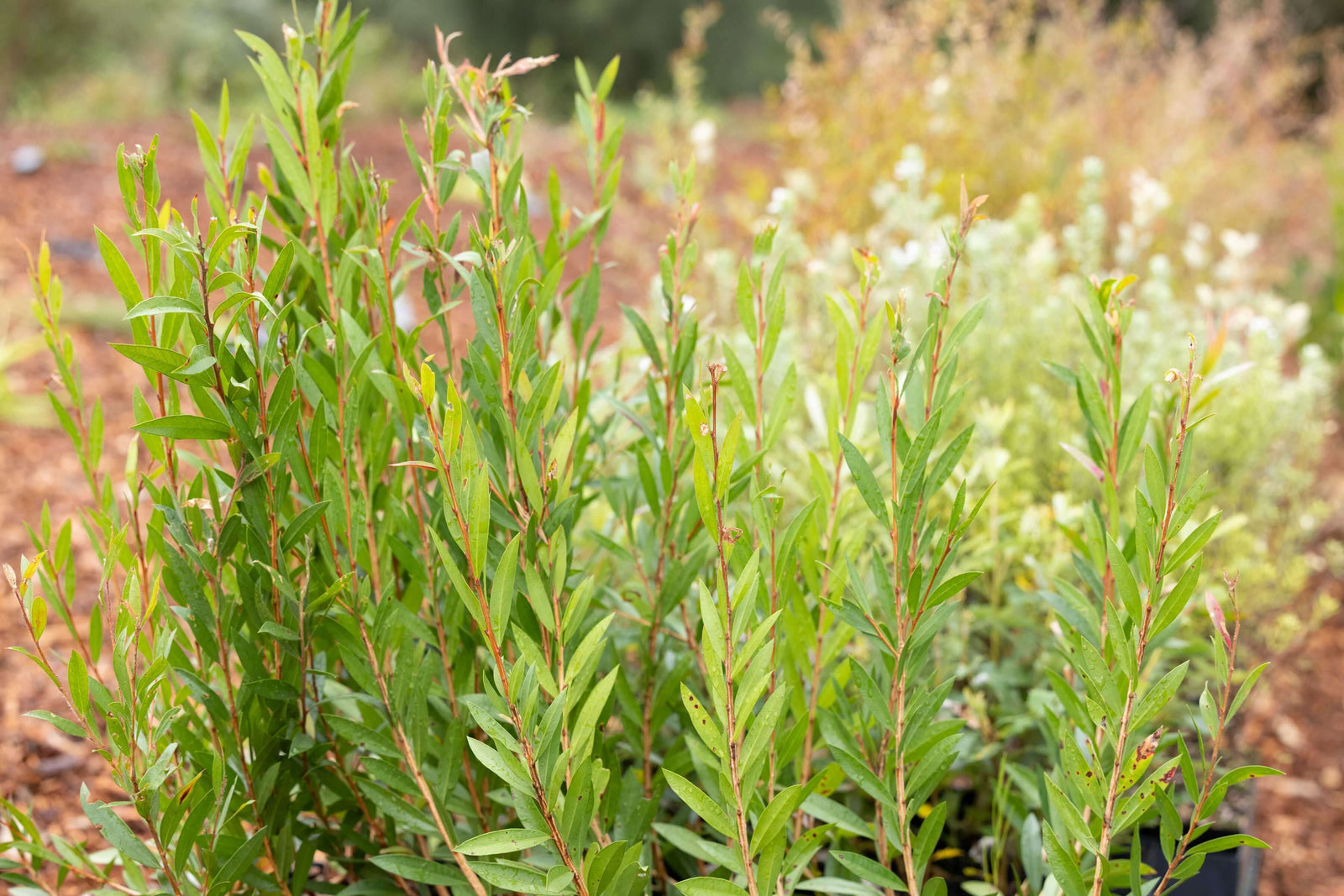
Greenfleet acknowledges Aboriginal and Torres Strait Islander Peoples across Australia. We pay respect to their Elders, both past and present, and honour their deep and longstanding connection to Country. In particular, we recognise their wisdom and knowledge in caring for our land for more than 65,000 years.

Thursday 27 May marks the beginning of National Reconciliation week for 2021. This year, it is centred around the theme: “more than a word. Reconciliation takes action”. Through this theme Reconciliation Australia is encouraging us all to take braver and more impactful steps toward Reconciliation.
National Reconciliation Week is a time for all Australians to learn about our shared history and to understand how we can all take steps to achieving effective reconciliation in our country. Each year, it is celebrated from May 27 to June 3 recognising two significant dates in Australia’s history.
The start of the week, May 27, marks the day of the 1967 Referendum which saw 90% of Australians voting to include Aboriginal and Torres Strait Islander peoples in the Census. Until this time, Aboriginal and Torres Strait Islander peoples were not recognised as part of our population. This decision altered the Constitution so that the Australian Government could begin enacting laws that would address the inequalities between the indigenous and non-indigenous population.
The last day, June 3, is the anniversary of the 1992 Mabo Decision. This decision from the High Court overruled the idea that terra nullius (land that belonged to no one) applied in Australia, recognising Aboriginal and Torres Strait Islander peoples as the Traditional Owners of our land.
These important dates stand as recognition of what First Nations people have overcome and remind us of how far we still have to go to effectively achieve reconciliation as a nation. Because of this, we - as individuals, organisations, and communities - all have a role to play.
In January 2021, Greenfleet gained approval of our Reflect Reconciliation Action Plan (RAP) an important step for our organisation on our reconciliation journey. Through our work, we know the importance of utilising indigenous plant species and are committed to working with Traditional Owners as we continue restoring native forests across the country.
With the knowledge shared with us by Traditional Owners, we want our supporters to understand the importance of their wisdom and acknowledge the role indigenous Australians have played in caring for Country for tens of thousands of years.
Earlier this year Willy Pepper, a Representative of the Boon Wurrung Foundation, performed a traditional smoking ceremony and Welcomed us to Country at our forest called Wurneet Laang Laang. Located in South Gippsland, Victoria, on land traditionally owned by the Boon Wurrung People, Greenfleet has been restoring this property to native forest since 2016.
Willy generously shared his knowledge with us, explaining the importance of allowing young Indigenous Australians to return to Country and the need to pass on traditions through generations.
Having people like Willy and the Boon Wurrung Foundation educate us and our supporters is just one way that we as an organisation are working more closely with First Nations people across Australia.
In March this year we achieved a landmark agreement to restore Noosa's iconic landscpe and support Indigenous values. The Indigenous Land Use Agreement (ILUA) between the Kabi Kabi Peoples Aboriginal Corporation and Greenfleet represents a vital step toward the revegetation and ecosystem restoration of more than 1,100 hectares of cleared land including former pine plantation in the Noosa hinterland.
When reflecting on Greenfleet’s journey towards reconciliation, our CEO Wayne Wescott noted, “Though we are taking only modest steps at the moment, Greenfleet is determined to work closely with Aboriginal and Torres Strait Islander communities over the coming years to play an effective role with them in enabling action on the ground.”
Greenfleet is also committed to allocating resources within our organisation to the important process of Reconciliation with indigenous Australians.
Reconciliation Australia has many resources you can explore about the importance of National Reconciliation Week here. And you can also Greenfleet’s Reflect RAP here.




